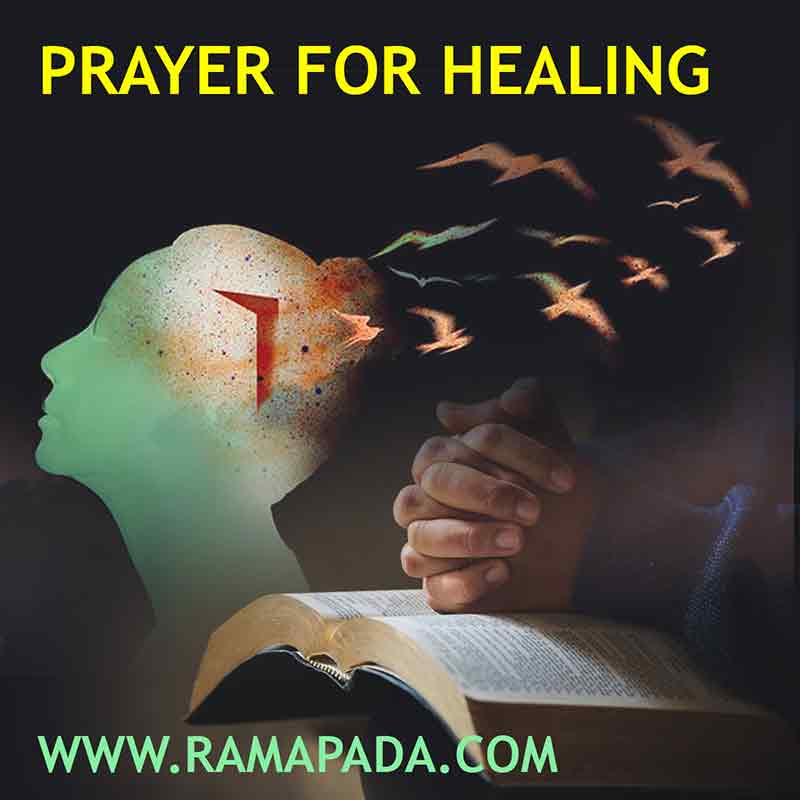When illness strikes, the human spirit seeks solace and hope. Across the vast spectrum of faiths, prayer for healing emerges as a powerful tool, offering comfort to the afflicted and a sense of purpose to those who care for them. Let’s explore how different religions incorporate prayer for healing process.
Abrahamic Traditions: A Dialogue with the Divine
In Judaism, Christianity, and Islam, prayer for healing often takes the form of a heartfelt conversation with God. Supplicants express their concerns, plead for intervention, and offer gratitude for the strength to endure. Prayers might reference specific scriptures or teachings associated with healing, such as passages from the Psalms in Judaism or the story of Jesus healing the sick in Christianity.
Eastern Religions: Balancing Body and Spirit
In Hinduism, prayer for the sick goes beyond mere supplication. Rituals like puja, offerings to deities like Dhanvantari (the physician god), and the chanting of mantras become instruments for restoring balance. These practices acknowledge the interconnectedness of mind, body, and spirit, aiming to create harmony and promote well-being. Similarly, in Buddhism, prayers might focus on cultivating compassion and inner peace, which are believed to have a positive impact on healing.
The Power of Community and Hope
Prayer for the sick is rarely a solitary act. In many traditions, families and communities gather to offer collective prayers. This shared act of faith strengthens the bonds between loved ones and fosters a sense of hope for recovery. The belief that prayers are being offered on one’s behalf can be a powerful source of strength for the patient.
Beyond Words: The Efficacy of Prayer
The scientific community is still exploring the precise impact of prayer on healing. While some studies suggest a correlation between prayer and improved health outcomes, the mechanisms remain unclear. However, the psychological and emotional benefits of prayer are undeniable. Prayer can provide a sense of control, reduce anxiety, and promote feelings of hope and peace, all of which can contribute to the healing process.
Conclusion
Prayer for healing is a universal practice that transcends cultures and religions. Whether whispered in quiet solitude or recited in a bustling house of worship, prayer offers comfort, hope, and a sense of connection to something larger than ourselves. In the face of illness, prayer becomes a powerful tool, reminding us that we are not alone and that hope for healing can reside in the depths of our faith.

